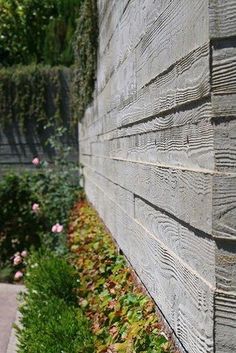In this video i show 1 how we check shuttering of wall 2 how we provide inclined horizontal supports 3 how we check verticality horizontality of shuttering material.
How to shutter a concrete wall.
Figure 26 6 shows moving form for the wall.
If you have a brick or concrete structure use wall anchors to help secure the bracket to the stucco wall.
The concrete is to be cured and dry generally accepted when the bituminous prime coat achieves full adhesion.
With concrete slabs the freshly poured concrete may be retained by existing features such as walls kerbs edgings etc or some form of temporary shuttering also known as formwork may be required.
Concrete walls are to be smooth off shutter board joints rubbed smooth and ferrule holes filled and to be free of voids and honeycombing.
Position a shutter bracket on the stucco wall at the manufacturer s recommended height.
Plywood is a common material used for shuttering and the plywood boards are supported by.
To form a concrete wall first set up plywood boards on either side of your concrete footer and attach them together with wire.
Care is to be taken to remove shutter release oils and all remnants of curing compounds.
The label off shutter describes a raw concrete look left after removing the shuttering normally wooden planks or strips that were used as a temporary structure for fencing to contain setting concrete.
Concrete floor slab shuttering is not difficult for the average do it yourselfer to set up and can be made from custom forms or wooden planks.
We would like to show you a description here but the site won t allow us.
These planks or strips typically leave the imprinted impression of the wooden support structure and most prominently the bolts.
The process of concrete shuttering usually involves the process of creating temporary structures and supports though in some cases these structures and supports may be permanent.
Place a level on the bracket and straighten it if necessary.
Masonry bits drill through a brick or concrete structure.
The two shutters are kept apart equal to the thickness of the wall by providing a 5 cm high concrete kicker at the bottom and by 2 5 cm x 5 cm spacers nailed to the posts.
To make the wall as strong as possible pour the concrete in layers no higher than 20 inches working from 1 end of the wall to the.
Then pour your concrete inside the form using a chute or hose attached to the mixer.





























